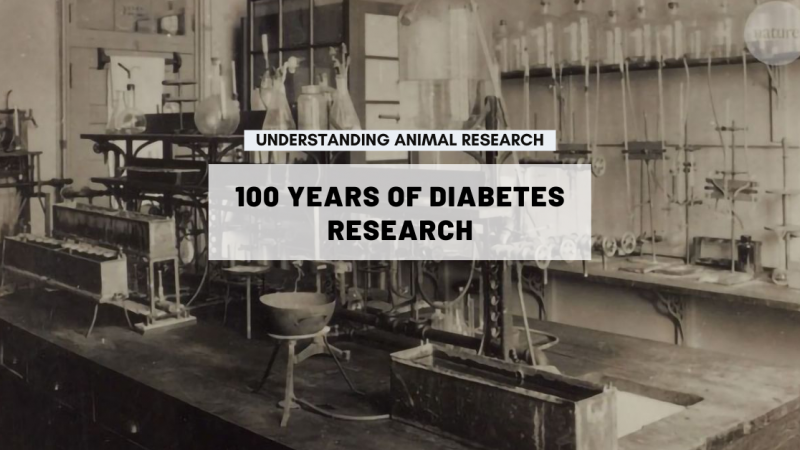 A medicine currently used to treat diabetes has been shown to promote the formation of new neurons in the brains of mice, leading to better performances in a spatial learning test. The findings suggest that the drug, which stimulates stem cells in the brain to increase the number of neurons, could be used to repair brain damage caused by injury or disease.
A medicine currently used to treat diabetes has been shown to promote the formation of new neurons in the brains of mice, leading to better performances in a spatial learning test. The findings suggest that the drug, which stimulates stem cells in the brain to increase the number of neurons, could be used to repair brain damage caused by injury or disease.
Metformin is a widely prescribed treatment for a range of metabolic disorders. It acts on the liver, stimulating the so-called atypical PKC-CBP pathway. This pathway also happens to drive the development of neurons from stem cells in the brain. A team of scientists looking for ways to promote new nerve growth in adult brain injuries therefore decided to test it as a potential therapy.
They cultured human and mouse stem cells in Metformin and found that it did indeed stimulate development into neurons. After showing this in a petri dish they needed to see whether it also worked in a living brain. Mice given daily doses of Metformin showed increased neuron growth in the olfactory bulb and the hippocampus, two regions of the brain involved in sense and direction as well as memory.
The treated mice were given a water maze task to test their spatial memory to test whether this extra nerve growth had any behavioural affect. The mice were able to find a hidden platform submerged just below the surface of the water faster than non-treated mice, showing that they were able to better remember where it was from previous attempts.
As it is already so widely used, there is already a large amount of safety data on Metformin. This might allow it to be fast-tracked as a treatment for brain injury and neurodegenerative disorders.
Last edited: 11 March 2022 15:47




